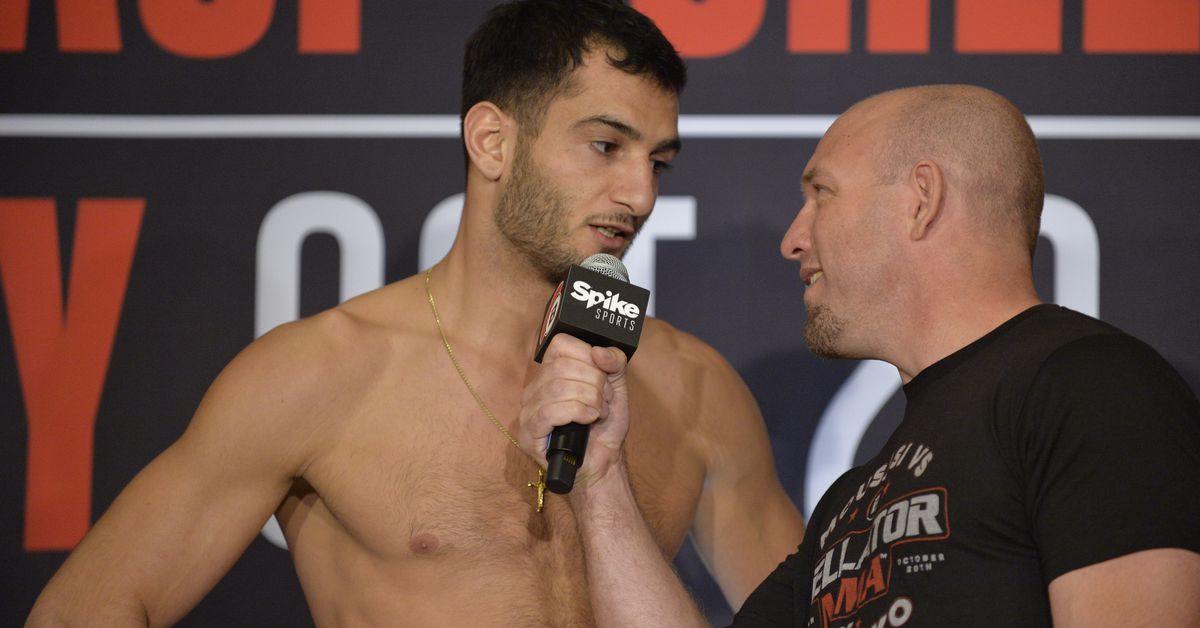Bellator fighter Gegard Mousasi recently highlighted disparities in pay between Bellator and PFL fighters, suggesting that Bellator competitors earn more.
The PFL, which acquired Bellator in November of the previous year, aimed to bolster competition against the UFC. Mousasi, who transitioned from the UFC to Bellator in 2017, expressed frustration with PFL’s handling of contracts, hinting at potential pay cuts and delays in fights.
In a podcast appearance, Mousasi mentioned challenges with PFL, noting contract discrepancies and possible political maneuvers to reduce fighter earnings. He suggested that PFL might delay fights to renegotiate contracts at reduced rates. The 38-year-old fighter hinted at potential pressure tactics by PFL, implying they might push fighters to accept lower pay by withholding fights for extended periods.

Mousasi emphasized that when PFL acquired Bellator, they aimed to recruit top fighters but faced financial constraints due to disparities in fighter pay. He argued that Bellator fighters generally considered superior, command higher earnings compared to their PFL counterparts. This discrepancy in compensation likely poses challenges for PFL in retaining top talent while managing costs.
Despite PFL’s ambitions to challenge the UFC’s dominance, Mousasi questioned their financial viability, suggesting they struggle to generate significant revenue. He compared PFL unfavorably to ONE FC, another major MMA organization, implying that despite its apparent scale, ONE FC faces financial losses.
Mousasi’s remarks shed light on the complexities of fighter pay and financial sustainability in the competitive MMA landscape, raising questions about PFL’s long-term prospects as a major player in the industry.
